Thyristor Size
Thyristor Market Growth Projections and Opportunities
The Thyristor market, a pivotal component in the electronics industry, is influenced by a multitude of market factors that collectively shape its dynamics. One of the primary determinants is technological advancements. As innovations continue to emerge in the field of electronics, the demand for more efficient and advanced thyristors rises. Manufacturers strive to stay ahead by integrating the latest technologies into their products, leading to a constant evolution within the market.
Global economic conditions also play a crucial role in influencing the Thyristor market. Economic stability or fluctuations impact consumer spending and business investments, directly affecting the demand for electronic devices that incorporate thyristors. In times of economic growth, there is typically an increased demand for electronics, leading to a surge in the thyristor market. Conversely, during economic downturns, there may be a slowdown in demand.
Government regulations and policies are another significant factor influencing the Thyristor market. Environmental regulations, safety standards, and trade policies can impact the production, distribution, and pricing of thyristors. Manufacturers must adapt to these regulations to ensure compliance, which can sometimes result in changes to product design and production processes.
The energy sector has a notable impact on the Thyristor market, particularly with the growing emphasis on renewable energy sources. Thyristors are essential components in power electronics used in renewable energy systems such as wind turbines and solar inverters. As the global push for sustainable energy solutions continues, the demand for thyristors in these applications is expected to rise, driving market growth.
Consumer preferences and trends also influence the Thyristor market. The increasing integration of electronics in various industries and the rising popularity of smart devices contribute to the growing demand for thyristors. Additionally, as consumers seek energy-efficient solutions, manufacturers are compelled to develop thyristors with improved performance and reduced power consumption.
Competitive forces within the market significantly impact its trajectory. The presence of several key players, each vying for market share, fosters innovation and drives continuous improvement in thyristor technology. Price competition, product differentiation, and strategic alliances all contribute to the competitive landscape, influencing market trends and dynamics.
Globalization further shapes the Thyristor market by connecting manufacturers, suppliers, and consumers across borders. Supply chain disruptions, geopolitical events, and currency fluctuations can impact the availability and pricing of thyristors. Manufacturers need to navigate these complexities to ensure a stable supply chain and remain competitive in the global market.
The pace of industrialization in different regions is yet another crucial factor. As industries expand and modernize, the demand for electronic components, including thyristors, experiences a concurrent increase. Regions undergoing rapid industrialization become key markets for thyristor manufacturers, presenting opportunities for growth.
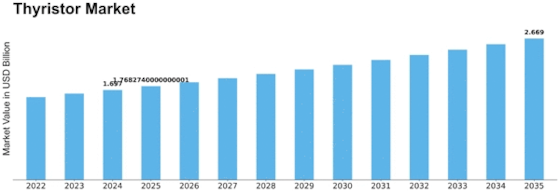

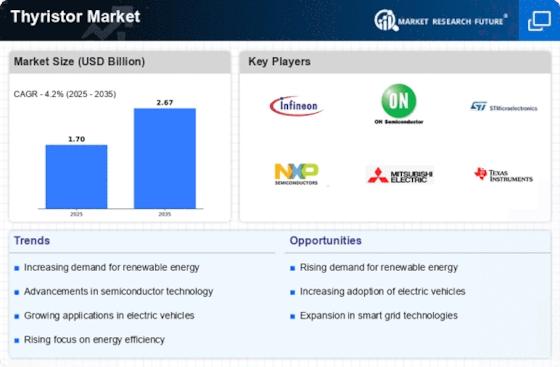
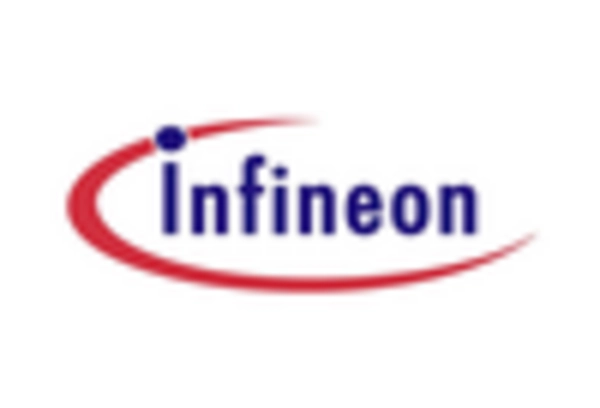
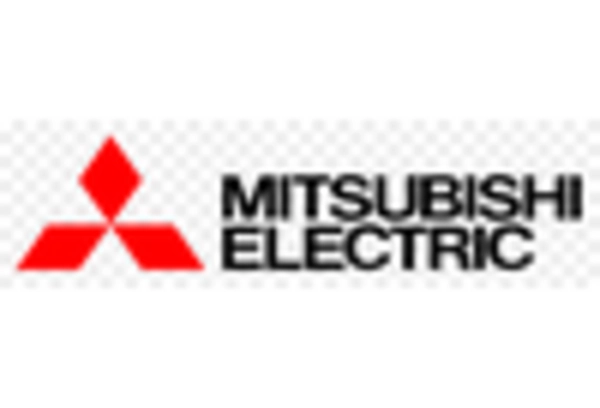
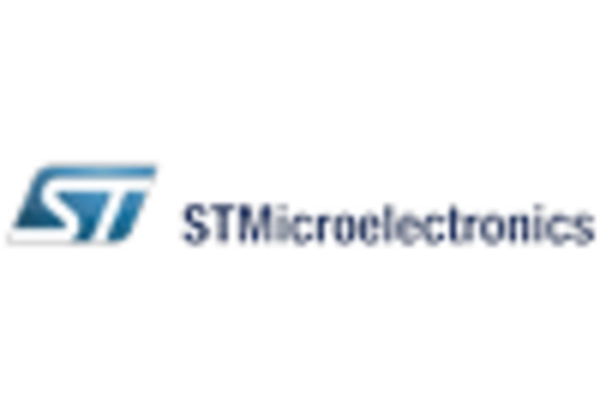
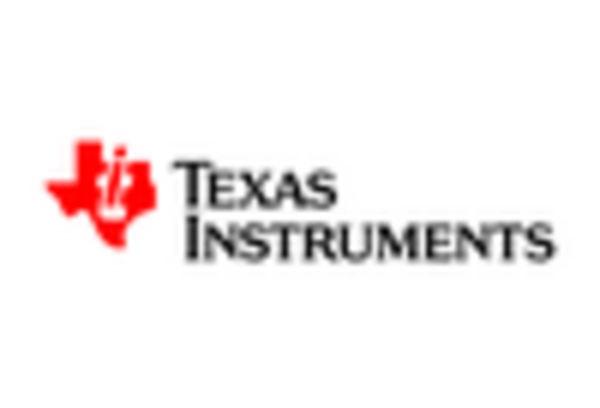









Leave a Comment